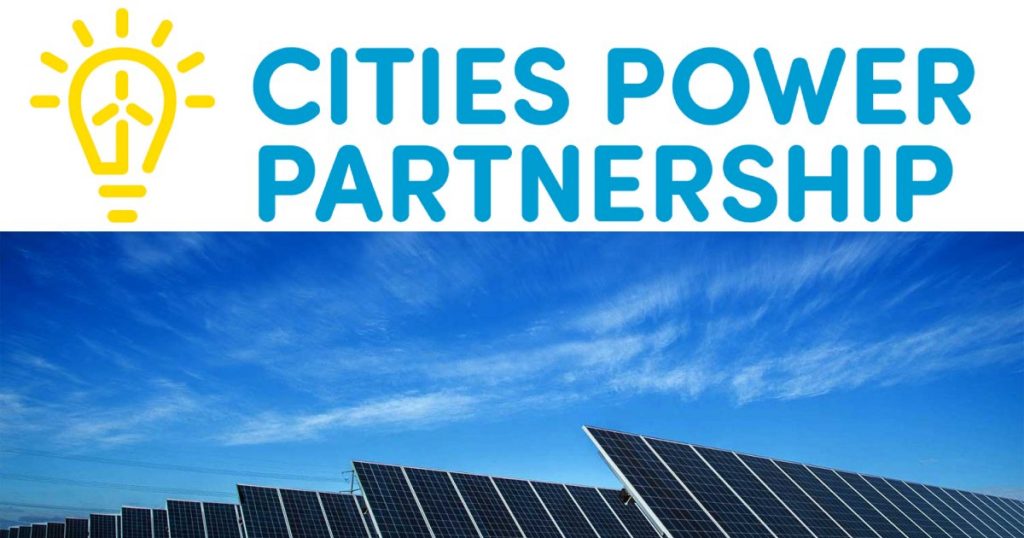Victoria’s Macedon Ranges Shire Council has joined more than 150 local governments across Australia that have signed on to the Cities Power Partnership.
The Cities Power Partnership, which kicked off in 2017, brings local governments together to tackle issues concerning climate change. Each member council chooses 5 action pledges from a list of options, one of which is the installation of renewable energy (solar PV and battery storage).
Macedon Ranges Shire Council voted in favour of declaring a climate emergency in March this year, but prior to this it was already working on corporate and community emissions reduction. At that point, it had achieved a 30.4 per cent reduction in emissions from Council operations from 2014/15 levels; mainly through the use of LEDs for street lighting and installation of solar panels on 17 buildings (380kW collective capacity).
Council had also committed to joining VECO – the Victorian Energy Collaboration. This initiative is claimed to be the largest emissions reduction project by local government in Australia. 46 Victorian Councils pooled their electricity purchasing power under a contract that has been providing 100 per cent of their electricity from renewables from the beginning of July this year; sourced from wind farms in the state.
Back in 2014/15 Council’s emissions attributable to electricity were around the 5,750 tonne mark. In 2021/22 that figure will be zero.
So, with all this green street cred in place, why is Macedon Ranges Shire Council bothering with the Cities Power Partnership? Because it’s not done yet – and it seems meaningful action on climate change remains a high priority for residents and ratepayers in the region.
“Through the program, Council has the opportunity to build on its emissions reduction work to date, share knowledge and experience with fellow member councils, and contribute to a collaborative effort to effectively address climate change at the local level,” said Mayor Cr Jennifer Anderson.
Next year, Council will develop a plan for working towards a goal of zero net emissions for its operations by 2030, so we may see even more solar power systems installed on its buildings. It’s not clear yet what pledges Council will make under the CPP program – new members have 6 months to make their choices.
Solar Panels Popular In Macedon Ranges Shire
Looking more broadly at the Macedon Ranges Shire community, which includes the towns of Gisborne, Kyneton, Romsey and Woodend, homeowners and businesses have been keen to slash their emissions and electricity bills with solar panels.
According to Australian Photovoltaic Institute (APVI) figures, there were 6,608 roof top solar systems within the shire as at the end of September this year. This is approximately 32.7% of total available rooftops of freestanding and semi-detached dwellings. However, the APVI numbers do not reflect any systems that have been decommissioned.
| Solar System Capacity | 2019-20 | 2020-21 |
| Less than 10kW (assumed residential) | 4,977 | 6,131 |
| 10kW – 100kW (assumed commercial) | 258 | 474 |
| Greater than 100kW | 3 | 3 |
| Total | 5,238 | 6,608 |
The popularity of PV in the shire has been assisted by Council through not only it leading by example but also support of an ongoing “bulk buy” initiative – and Victoria’s solar panel rebate, which is in addition to the national subsidy.


 RSS - Posts
RSS - Posts



Speak Your Mind